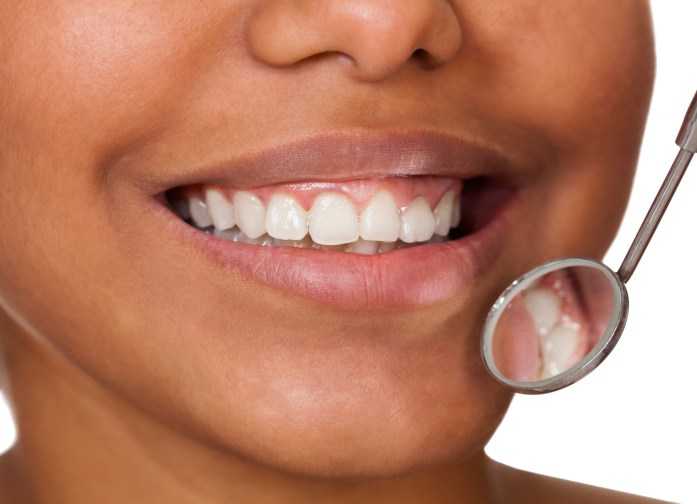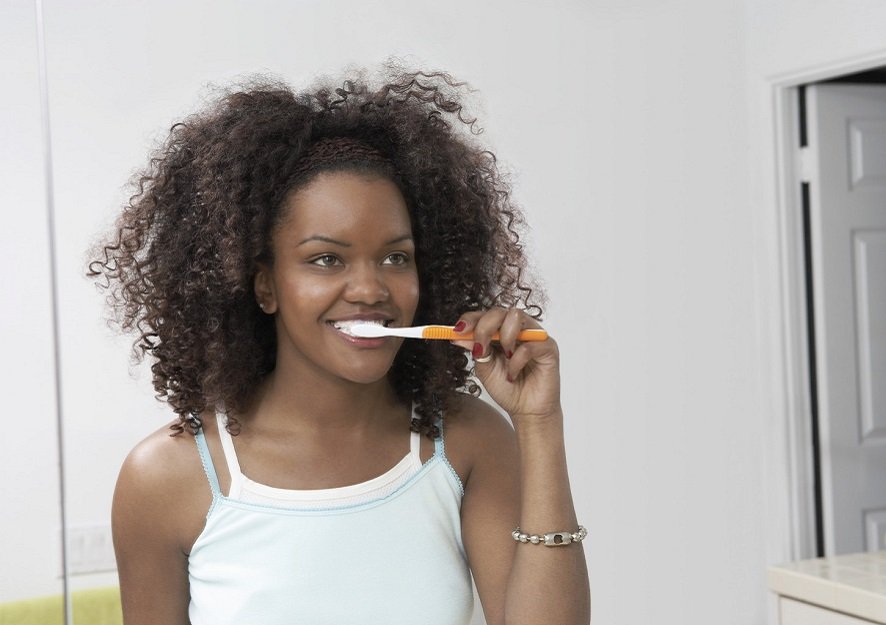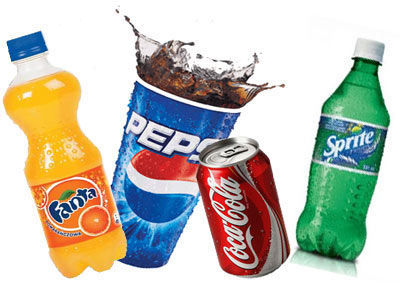Practicing good dental hygiene is important in order to keep your teeth clean, your gums healthy, and your smile brilliant. However, taking good care of your teeth does more for you than just brighten your smile. It improves your chances of keeping all or most of your teeth into old age by preventing tooth decay and tooth loss. It also helps to prevent problems such as tooth/mouth ache. Taking care of your teeth and gums should be a crucial part of your daily self-care. Here are 10 tips to help keep your teeth pearly white and your body strong and healthy.
Brush Regularly
To keep your mouth healthy, dentists recommend brushing your teeth twice each day. Brushing your teeth in the morning allows you to clear away any bacteria that may have congregated in your mouth during sleep. It also gets rid of stale morning breath, ensures you start the day with a clean mouth and minty-fresh breath. Brush your teeth again at bedtime to remove any left behind food particles that can harbor bacteria if allowed to fester in your mouth overnight. If you are willing to go the extra mile, some people like to carry a toothbrush with them to brush after meals or sugary snacks.
Brush Properly
It is not just enough to brush regularly, it is also important to brush properly in order to maximise the benefit of regular brushing. To keep your teeth clean without irritating your gums, choose a soft-bristled toothbrush that allows you to easily maneuver around your teeth. Using a very hard toothbrush (e.g a certain “smokers toothbrush”) doesn’t offer much benefit and can cause your gums to bleed. It is recommended that you move your toothbrush in small, concentric circles on the surface of your teeth rather than brushing across the teeth from side to side. Set a timer for two minutes or invest in an electric toothbrush that will automatically keep running for a full two minutes. Be sure to brush your tongue as well as your teeth in order to remove the bacteria that can cause bad breath.
Use a Fluoride Toothpaste
Brands of toothpaste that contain fluoride can help prevent tooth decay. Fluoride works together with calcium and phosphorus to help build up weak spots in tooth enamel. To allow the fluoride to remain in contact with your teeth for a longer period of time, the Oral Health Foundation suggests that you “spit, don’t rinse.” If you find that you still have a lot of toothpaste in your mouth after brushing, you may want to try using a smaller amount of toothpaste on your toothbrush.
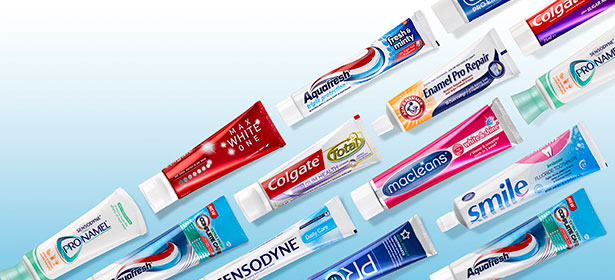
Consider a Fluoride Mouth Rinse
If you are prone to cavities or weak areas in your tooth enamel, your dentist may suggest using a fluoride rinse. While other mouthwashes contain antiseptic agents to kill bacteria, fluoride rinses contain fluoride to strengthen your teeth. When using a fluoride rinse, swish vigorously before spitting out all of the mouthwash into the sink. Then avoid eating or drinking for at least 30 minutes to allow the fluoride to stay in contact with your teeth. If you “spit, don’t rinse” your toothpaste, you may want to use your fluoride rinse at a separate time of day from brushing.
Use Floss or Interdental Brushes
Flossing is a critical part of good oral hygiene. The bristles of your toothbrush are not able to get between each tooth to remove the plaque and food particles that hide there. When food particles remain stuck between teeth, they can cause tooth decay which can lead to severe mouth pain/discomfort. The American Dental Association recommends flossing at least once each day. This takes only minutes and can go a long way toward preventing cavities and keeping your gums healthy. Another option for cleaning between teeth is to use interdental brushes. These slim, pointy brushes are designed to fit between teeth where your regular toothbrush can’t reach.

Limit Sugar
Protecting your teeth means avoiding sugary foods and beverages. Sugar provides a food source for bacteria that reside in your mouth. As these bacteria dine on sugar, they produce acids that wear away the enamel of your teeth. Over time, weak spots in tooth enamel can develop into cavities, or holes in your teeth. Avoid drinking sugary sodas and juices, which bathe your teeth in sugar and provide a feast for cavity-creating bacteria. Drink plenty of water to hydrate your body and to wash away sugar and food particles from your mouth. This doesn’t mean that you have to completely avoid sugary treats, just remain conscious of the need to rinse your mouth thoroughly afterwards.
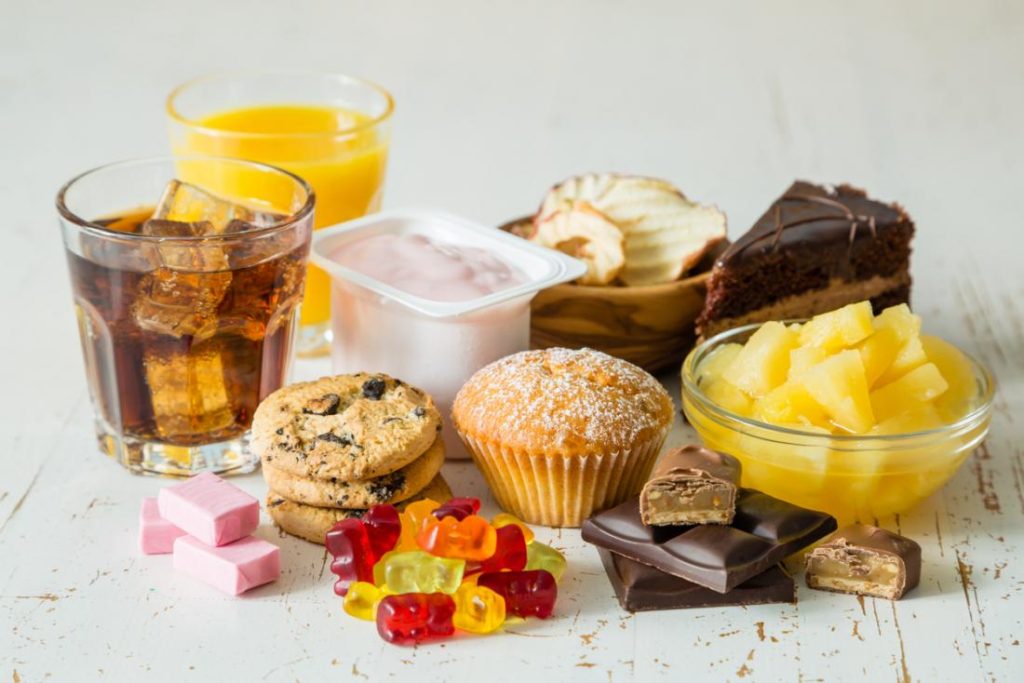
Protect Your Teeth from Trauma
Take care to protect your teeth from injury. If you play sports, wearing a mouth guard can prevent your teeth from damage. There are a variety of mouth guards available. Your dentist can create a mouth guard to custom fit your mouth, or you can find one at your local sporting goods store. If you are prone to grinding your teeth, you may wish to get a mouth guard to protect your teeth while you sleep. Avoid using your teeth for anything other than eating food. This includes using your teeth as a bottle opener.
Avoid Acidic Beverages
In addition to sugary beverages, watch out for drinks that are highly acidic. The acids in drinks such as sodas, orange juice, and tomato juice can weaken your tooth enamel. Wine, cocktails, and mixed drinks may also contain acids that damage your teeth. When consuming acidic drinks, enjoy them along with food to prevent the acids from constant contact with your teeth. Rinse with water after drinking these items, but wait 30 minutes before brushing your teeth. Since acids weaken your teeth, brushing too soon or too vigorously can also damage the weakened enamel.
Eat a Healthy Diet
A healthy diet will help keep your teeth in prime condition. A diet containing lean proteins, fiber, and plenty of fruits and vegetables will keep your whole body in good shape. Additionally, certain foods are great for strengthening and protecting your teeth. Cheese is rich in calcium and proteins that help build strong teeth. Furthermore, cheese helps to lower the acid levels in your mouth, which helps prevent tooth decay. Crunchy carrots are packed with vitamins and minerals. Additionally, chomping on a raw carrot stimulates the production of saliva, which helps wash away bacteria and food residue from your teeth.
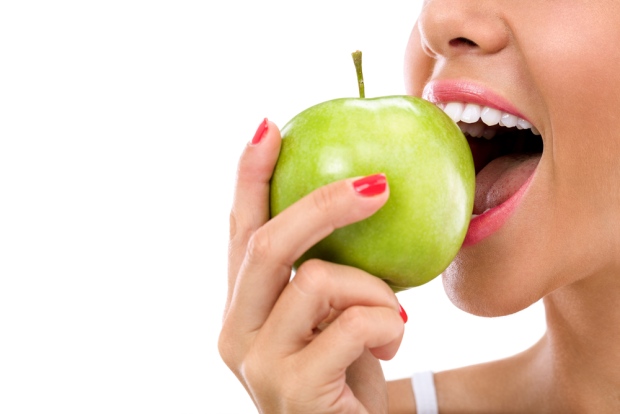
Visit Your Dentist
A critical step in taking care of your teeth is to schedule regular visits to your dentist. For many people, the dentists chair is associated with memories of pain, however this pain can be avoided if you practice the tips above and also visit your dentist at least twice a year to check for any cavities, excess tartar, and plaque buildup. Your dentist will also check for any signs of gum disease. During these routine checkups, your dentist is also evaluating your mouth, tongue, and throat for any signs of disease, including cancer. Your can also include a thorough cleaning to remove any plaque buildup you haven’t been able to prevent with daily cleaning.
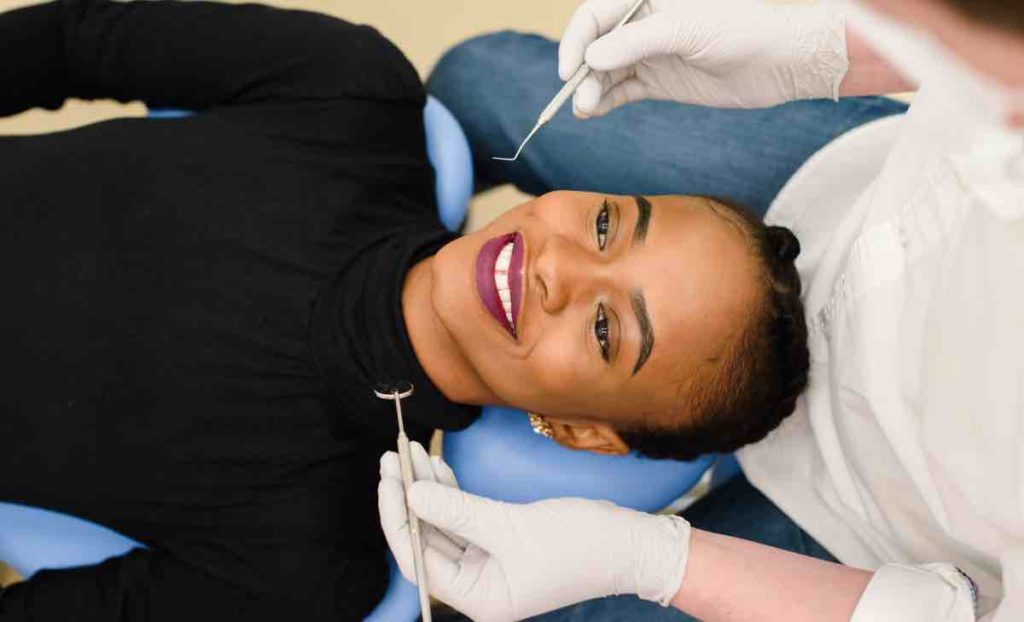
Taking care of the mouth is just as important as the rest of the body. Bad breath and tooth loss can be quite embarrassing and cause a lot of discomfort so do your best to maintain good oral hygiene.






